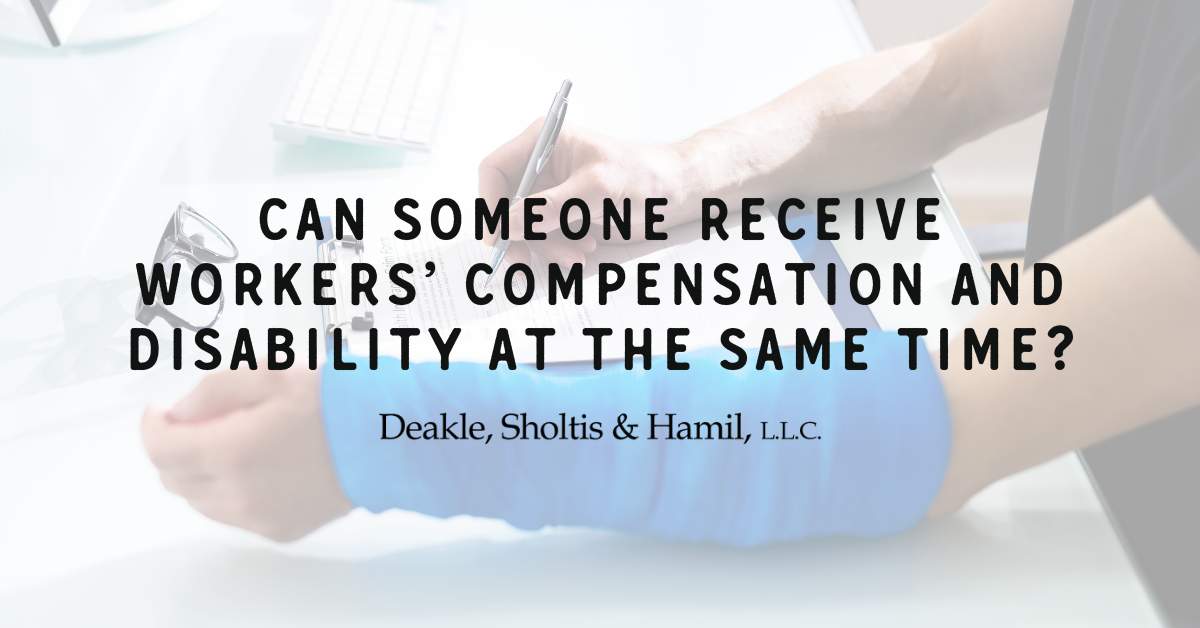The Alabama Workers’ Compensation Act requires most employers to provide workers’ compensation benefits to their employees who are injured while working. These laws protect employees from losses such as medical bills, lost income and funeral expenses when they are injured on the job. Employees do not pay for workers’ compensation coverage.
The Alabama Workers Compensation Act requires employers to provide workers’ compensation benefits for their employees.
The Alabama Workers Compensation Act requires employers to provide workers’ compensation benefits for their employees. It is a state law that protects an employee who was injured while working and ensures that they receive the care they need to get better.
Workers’ Compensation laws protect employees from losses such as medical bills, lost income and funeral expenses when they are injured on the job.
You are entitled to workers’ compensation benefits when you are injured while performing your job. You do not have to pay for your own worker’s compensation coverage, and you are not required to use your health insurance to cover the cost of your injuries.
Employees who suffer from a work-related injury may be entitled to receive medical treatment, rehabilitation and disability compensation as part of their workers’ compensation claim.
Employee waivers of workers’ compensation benefits are illegal in Alabama.
It is against the law for an employee to waive his or her rights to workers’ compensation benefits. If you have already signed a waiver, but now regret doing so and want to fight it in court, your employer cannot legally enforce it because it would violate state law.
An employee cannot waive rights to workers’ compensation benefits.
The employer cannot force an employee to sign a waiver of benefits provided by the Alabama Workers’ Compensation Act. It is against the law for an employer to require you to sign any form that waives your right to workers’ compensation benefits. This includes any employment contract, handbook or other documents that have provisions that operate to waive your right to workers’ compensation benefits.
If your employer asks you to sign a waiver of these benefits, you should seek legal advice before doing so.
If your employer asks you to sign a waiver of these benefits, you should seek legal advice before doing so. You should never sign anything that you don’t understand or feel is unfair. You should also never sign anything that you think might be illegal.
If you have already signed a waiver but now regret doing so, an experienced attorney can help you fight it in court.
A waiver is a document that allows an employer to waive certain legal rights, such as the right to file a claim for workers’ compensation benefits.
You may have been pressured into signing a waiver by your employer. However, not all waivers are legally binding, and you may be able to fight them in court if they were coerced out of you or if they were signed without proper notice.
If you have already signed a waiver but now regret doing so, an experienced attorney can help you fight it in court and get compensation for your injuries.
Workers’ compensation is a legal right in Alabama.
In Alabama, workers’ compensation is a legal right. Employees cannot waive their rights to receive medical and other benefits when injured on the job..
It is important for employees who have been injured in an accident at work to know that they have access to these benefits regardless of whether or not they signed a waiver form before being hired or during employment.
You have a right to workers’ compensation benefits and should not be asked to waive them. If you have already signed a waiver, an attorney can help you fight it in court. Fortunately, we have a team of experienced attorneys at Deakle, Sholtis & Hamil.


